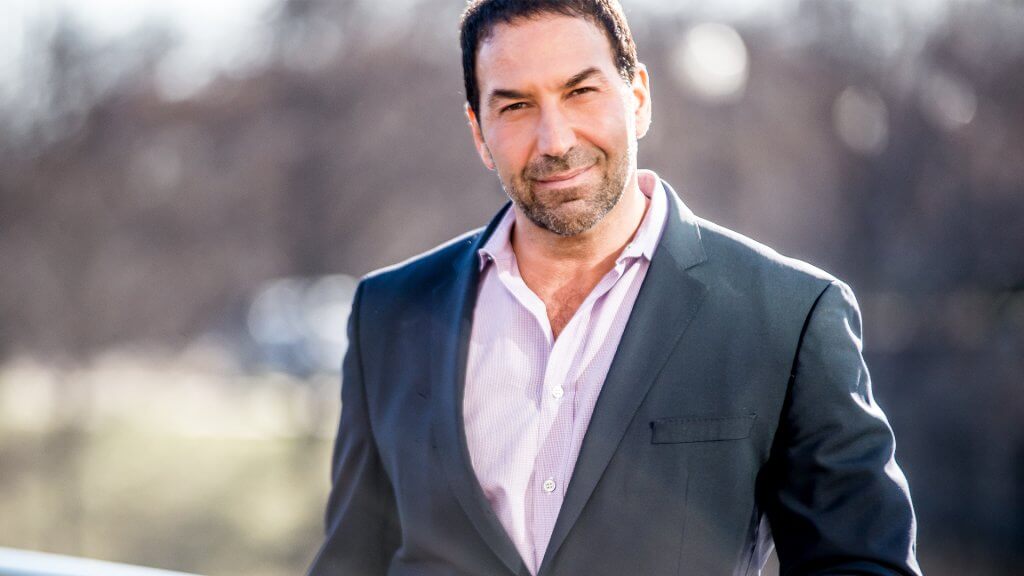
By Helen Foord, Founder of ELE Global
The recent COVID-19 pandemic has unified the world of business across the globe, and with it the world of the law, in a way that no one could have foreseen. Profound change has been experienced, some of which has been embraced willingly and some of which has just been, well, embraced. Whether large or small, multi-disciplinary or niche, law firms might have experienced things differently from some other businesses, but disruption was felt by all. As we start to consider what the future might look like, heightened personal feelings and emotions are motivating the choices and changes being made, even at the most corporate level, in a way that is new to many. Across the world businesses are reappraising how they operate and, in many cases, challenging what is really important to their workers.
One does not need to look far to see that the crisis has accentuated social inequality at a global, national, regional and local level. Economic fears seem only to widen this gap. For many the crisis has changed how we live and consume, whom we support and purchase from as well as the sorts of relationships we want with suppliers and work colleagues. Along with this, as more questions get asked of businesses, more terminology is creeping into use. What, for example, is greenwashing, and what is social washing? How do you know a socially washed company when you encounter one?
In our world we are growing increasingly aware of the green, eco-friendly, or worker friendly credentials of businesses. Greenwashing describes attempts by companies to present themselves or their products as being rather more green and ecologically aware than they actually are. In many cases this can lead to deliberately misleading terminology in a business’s communication with the world. Labeling a product as, for example, ‘sustainable’ or ‘environmentally friendly’ may lure consumers to assume green or ecofriendly credentials that the product does not, in fact, possess. To the consumer looking to make informed choices this is a relatively easy concept to grasp because choice will often be made at the point of holding a product in hand and reading what its label has to say.
Social washing is a similar process but relates to a business’s treatment of human capital and, as such, is a little more complex. Companies are increasingly aware of the expectation that they will prioritize the rights and wellbeing of their employees and show social engagement with the communities in which they are based. Not surprisingly, some companies are more interested in appearing to do this than actually doing it. There is outright trickery going on out there.
The COVID-19 pandemic has forced companies radically to rethink and refocus ways of working. Lockdowns that have necessitated employees working from home have, in many cases, forced businesses to make changes that in any other circumstances might have been at odds with shareholder return’s primary importance in the business model. Suddenly the needs of all stakeholders, not just shareholders, are taking center stage. The public knows this, and has its eye on business.
So, if we as the general public want to engage with this process in a way that genuinely effects and improves the lives of those around us, we need to know how to spot social washing when it occurs. What we do with that information – from ignoring it, through to becoming social media warriors for fairness, and all points in between – is our choice. But if we can at least spot it then our choice will be informed. Let us take a look at some of the key signifiers.
1. Living wage
A living wage is not the same as a minimum wage. If a company is claiming to have an “inclusive company culture” in its job advertisements, then it should be paying wages that adequately reflect the realities of life for its employees living in the communities from which it draws. A living wage should provide an acceptable quality of life. The pandemic may have forced companies to reduce wages. In and of itself this need not be incorrect, inappropriate or unethical, but the reductions should have been applied fairly across the board and everyone should have been treated similarly.
2. Payroll Protection Abuse
Where companies and businesses have received government money to furlough staff and deal with legitimate outgoings such as the repayment of loans, that money should have been used for the purpose for which it was intended. The sad reality is that some businesses have found ways in which to lay staff off and pocket the government funding. Where this has occurred, it should be called out.
3. Adequate and affordable health insurance
The potential for life-threatening issues arising from this may apply more to American than European businesses, but any employer offering healthcare insurance as part of an employee’s benefits package should be ensuring that workers are fully aware of what that healthcare actually covers, especially where deductions to cover it are optional. A number of insurance schemes cover only preventative care options. In the USA this may leave employees liable for crippling bills should they need any more substantial treatment. In Europe, and especially in the UK, employees who have paid into schemes in good faith may find themselves questioning why they have given up money when, at the moment they actually need the insurance, they find that it doesn’t cover the procedure required. So, making a virtue of offering private health insurance is no virtue at all unless the insurance is meaningful.
4. Treatment of customers
Some companies have not needed, necessarily, to change the way that they deal with their customers, but this is not to say that they should not have done so anyway. Car insurance, for example. Should full insurance premiums still have been charged when people were not using their cars? The gulf between ‘could’ and ‘should’ is wide here.
5. Holiday entitlements
Some businesses employ a mixture of workers, some paid a salary for a standard set of working hours per week, and others paid by the actual number of hours worked. For the latter, fair treatment at times of holiday is a potential issue. Consider national holidays such as Christmas Day. Most businesses will close on these days, but employees paid by the hour will directly be affected by this in a way that those on a salary will not. They are, in effect, subject to a compulsory wage cut on these days, so a business that is genuinely invested in the wellbeing of its workers will have mechanisms in place to ensure fair treatment that does not result in people’s feeling obliged to take less holiday than they are entitled to, or come into work when ill just so that they can accrue the hours.
Some of the issues listed above may seem directly relevant to the current pandemic but, in fact, all of them should apply at any time for companies genuinely invested in the ethical treatment of their workers. Companies that really deliver on the promises they make need to be applauded and supported, and the available certification options are good starting reference points for the public here. B Corp Certification, Certified USA Social Enterprise and Certified UK Social Enterprise are some of the most trusted distinctions. Businesses cannot achieve these certifications without proving their credentials, and they would not try to do so in any case if they were not genuinely invested in the ideas and philosophies considered here. So, consumers seeking these certifications out on websites or packaging can know immediately that they are spending their money in places that are not guilty of social or green washing.




















